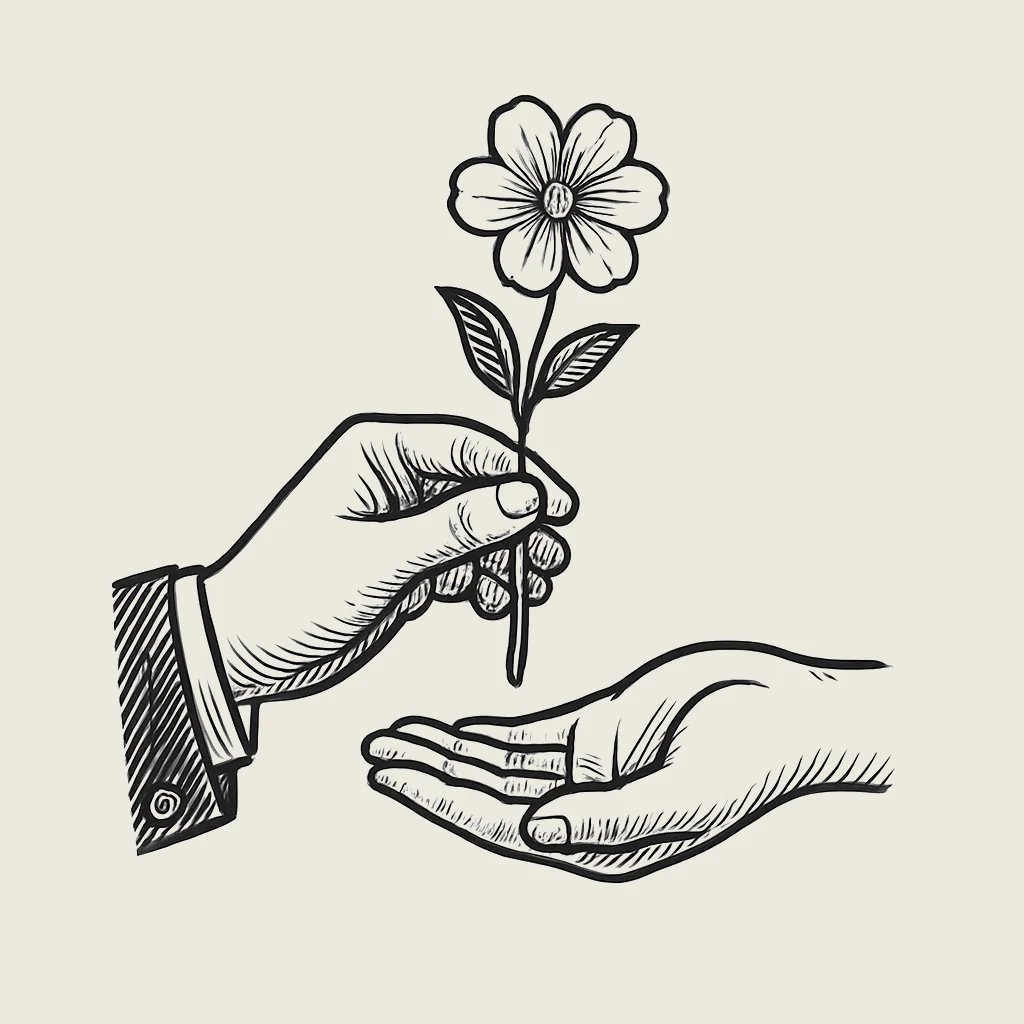How to Respond to Condolences Properly
When a loved one passes away, it always brings intense emotions. In such moments, it’s important to understand how to respond to condolences in a way that expresses gratitude. People sincerely want to offer support during difficult times, and the way you respond largely shapes the atmosphere of communication.
Why It’s Important to Know What to Say in Response to Condolences
When someone expresses sympathy, the first word that comes to mind is “thank you.” However, it should be used thoughtfully. There is no universal rule for how to respond to condolences, but it’s important that your response reflects appreciation. Even a short phrase can provide comfort and show that others’ words matter to you.
Is It Appropriate to Say “Thank You”
“Thank you” is a familiar and understandable way to express gratitude. Still, in some situations, it may sound formal or impersonal. If it’s difficult to find other words, it’s better to use extended expressions such as: “Thank you for the kind memories of the deceased,” “I appreciate your sympathy,” or “Your support means a lot to us.” Such responses show respect and attentiveness to what was said.
Examples of Short Phrases and Gestures of Support
What to Say in Person
In face-to-face situations, it’s important to react calmly. Sometimes, a handshake or a nod is enough. Those offering support don’t expect long speeches. Use phrases like: “Thank you for your kind words,” “Your sympathy means a lot to us,” or “Thank you for coming to say goodbye.” Even a brief response helps the other person feel valued.
The Role of Nonverbal Communication
In moments of deep grief, silence is acceptable. Sometimes emotions prevent us from speaking. In such cases, a gesture—a handshake, a hug, or a look—can say more than words. Remember that people express condolences to offer support, not judgment. Nonverbal support can be just as sincere.
Responding to Written Condolences
Nowadays, condolences often come through messaging apps, email, and social media. In these cases, it’s best to respond in the same way. Avoid using emojis—they may come across as disrespectful. Suitable responses include: “Thank you for your support,” “I appreciate your kindness,” “Your words helped me get through this pain.” Even a short reply helps others know their support mattered.
What to Say If an Acquaintance Offers Condolences
If the condolences come from someone you’re not close with, it’s better to use neutral and polite phrases. The response should be brief and respectful. For example: “Thank you for taking the time to offer your support,” or “I appreciate your sympathy.” If someone says something inappropriate, don’t engage in conflict—just remain silent. Inappropriate remarks at mourning events are best ignored.
What Not to Say in Response
Some phrases may seem to downplay the pain of loss. Avoid responses like: “We’re holding on,” if it doesn’t reflect how you truly feel. Don’t say: “I understand how you feel,” unless you’ve experienced the same kind of loss—it’s better not to compare grief. The goal of your response is to say thank you, not to discuss others’ feelings. Sincerity, restraint, and respect are what matter most in such moments.
Is It Okay Not to Respond at All
Sometimes your emotional state doesn’t allow for a response. In such cases, it’s acceptable to temporarily refrain, especially if the message was online. However, not responding at all can be perceived negatively if not explained or if too much time passes. When you feel ready, send even a short “Thank you.” People need to know their support wasn’t ignored.
How to React to Offers of Help
Some people offer not just words of sympathy but also practical help. This may include escorting you somewhere, helping with arrangements, or handling daily tasks. You can accept or decline such help—what matters is doing so calmly. Respond with: “Thank you, that means a lot to us,” or “Thanks, we’re managing for now.” These words highlight your appreciation and respect for their initiative.
Conclusion: Sincerity and Respect Are the Foundation of Responses
Responding to condolences doesn’t require perfect wording. Sincerity, respect, and gratitude are enough. Support can be expressed not just through words, but through actions. What’s important is showing that others’ presence and support matter to you. Even a simple “Thank you” in response to sympathy makes a difference and helps everyone get through a difficult time. Follow your inner state, don’t aim for perfection—just be yourself.
Read also:




